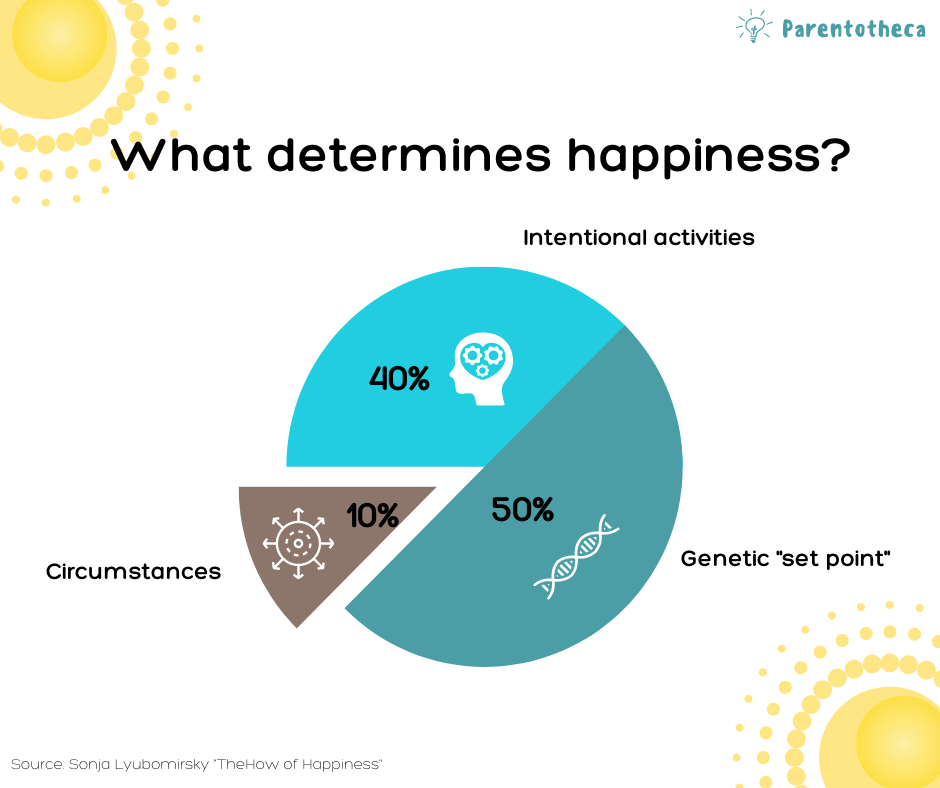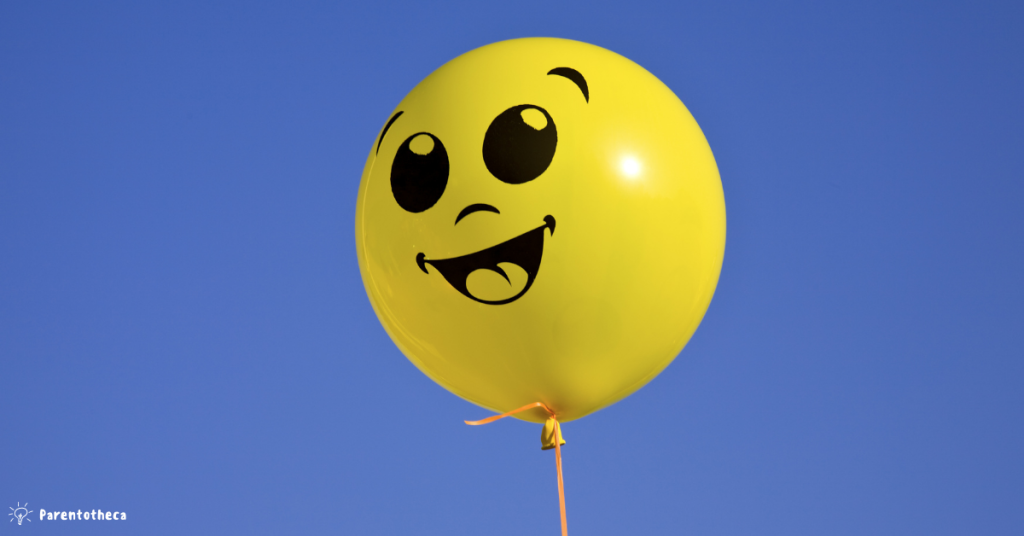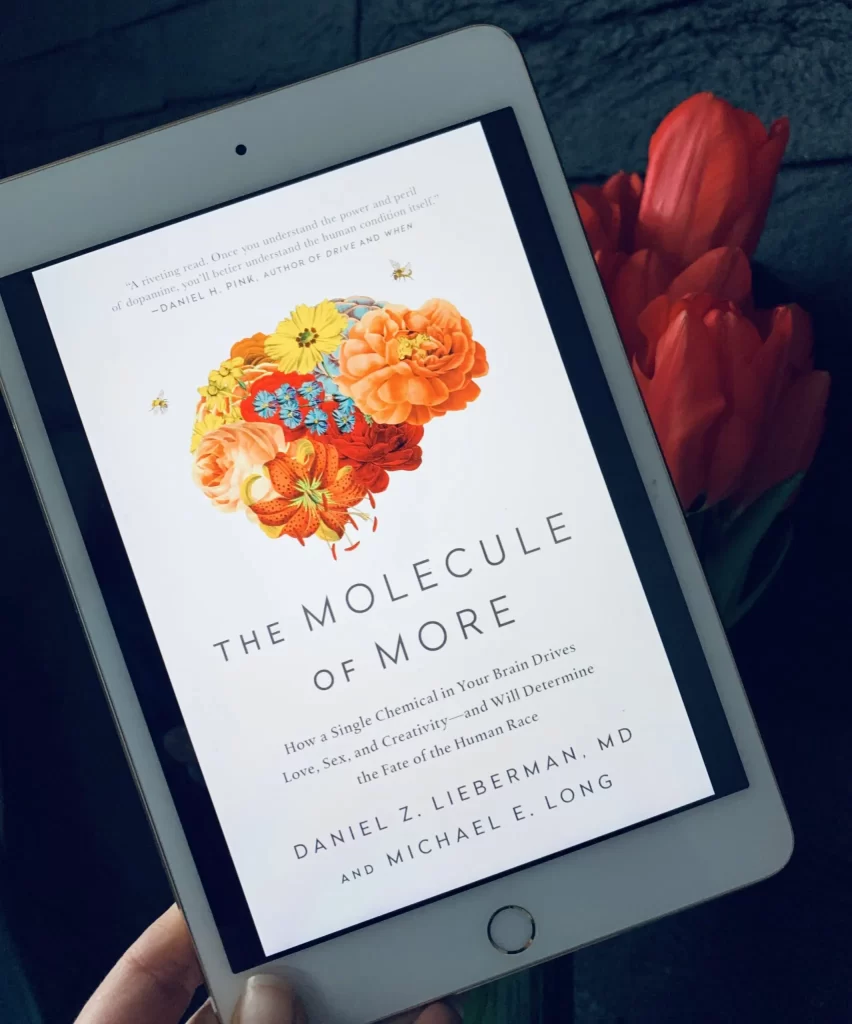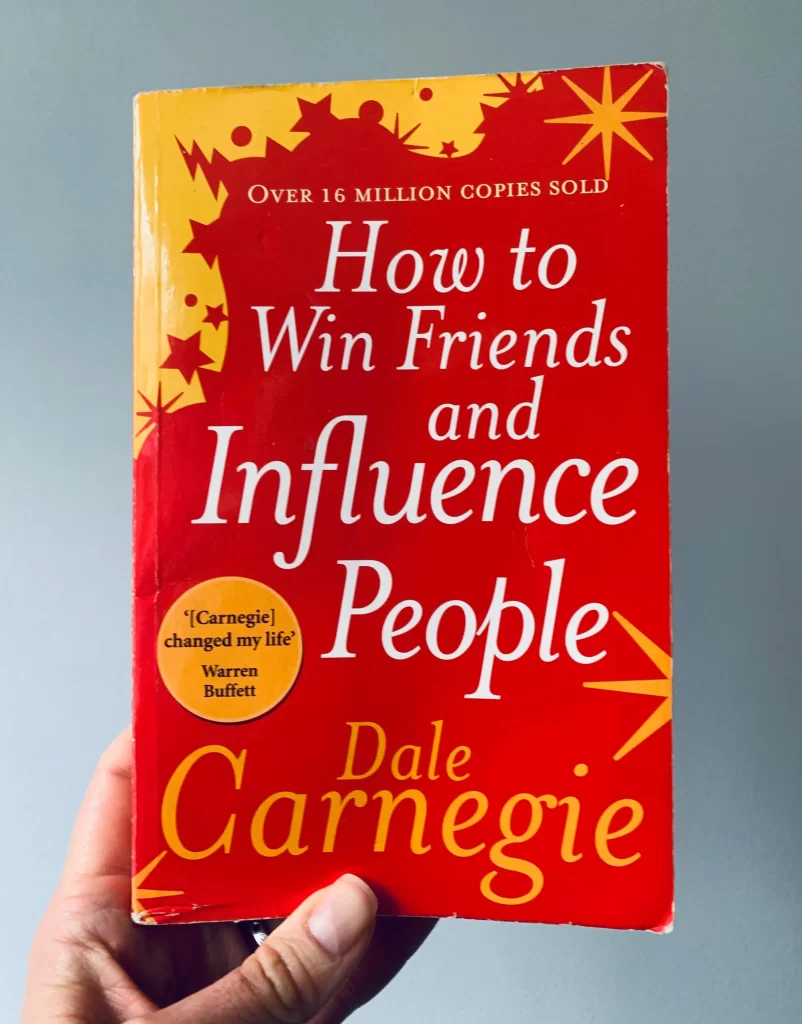“Happiness is an expression of the soul in considered actions.”
Aristotle
If you ask people what do they want from life, most of them will put happiness on top of their list. We want to be happy. We want our kids to be happy. But what exactly is happiness? Well, it sounds like a weird question, but is it? Defining happiness actually matters because it’s hard to pursue happiness if you aren’t clear about exactly what happiness is and what influences your happiness level.
What is happiness?
Over the last couple of decades, psychologists started looking at what exactly is happiness, how people can experience it, what happy people do differently and what we can do to become happier. This is how the whole new field of Positive Psychology emerged – the science of happiness.
Happiness means different things to different people. But most of us would certainly know how it feels to be happy. So when we talk about happiness, we may refer to our feelings in the present moment, a positive emotional experience, or a more general sense of how we feel about our life overall.
In the scientific world, psychologists and social scientists generally define the emotional state of happiness as a “subjective well-being” (SWB). This definition allows researchers to identify the causes and effects of happiness.
One of the leading positive psychologists, studying happiness – Sonja Lyubomirsky defines happiness as: “the experience of joy, contentment, or positive well-being, combined with a sense that one’s life is good, meaningful, and worthwhile.”
That means that happiness is tied to the experiences and actions that bring positive emotions and give us a deeper sense of purpose and meaning in our life.
Scientists agreed that happiness has two main components (and that’s how they measure it):
- The balance of emotions: Happy people experience more positive emotions than negative. Of course, all people experience negative feelings as well, but happy people experience them less frequently.
- Life satisfaction: Happy people feel satisfied with different areas of their life (relationships, work, achievements, and other important for them things). Their life is meaningful.
For example, as a new parent, you may feel over the moon while holding your little bundle of joy. Having a baby and becoming a parent is already a significant and meaningful achievement in life! You may feel gratitude, love, pride, serenity – a whole range of positive emotions. But at the same time, you may feel frustrated with sleepless nights, angry that you don’t have as much time for yourself or be scared that something may happen with the baby. But the majority of new parents would say that they are generally happy because they do have a sense that their “life is good, meaningful, and worthwhile” ☺
What is also interesting, in different cultures people may perceive happiness differently. For example, when Sonja asked people in the US and Russia, what is happiness for them, Americans mentioned very concrete and attainable things like money, success, having fun. In contrast, Russians referred to less attainable things like spiritual salvation, the world of peace and world of beauty, mutual understanding.
We love this video of Sonja explaining happiness concept:
Happiness vs pleasure
Many people would often confuse happiness with pleasure. For example, often we think we may make our children happy when we let them eat the entire bar of chocolate, or let them binge-watch their favourite cartoons, or when we buy them a new toy. But in fact, that’s more about pleasure rather than happiness.
So pleasure is more immediate, in-the-moment experience (e.g. getting a toy, eating a favourite food, entertainment). It can come and go in seconds. In comparison, happiness is a more stable state than pleasure. We feel happy for longer than a few moments at a time, that’s more about joy.
We can experience pleasure and happiness at the same time, and even happiness can enhance feelings of pleasure. But they can also be mutually exclusive.
For example, as a parent, you may experience happiness based on meaning and life purpose but would not feel any pleasure waking up in the middle of the night or changing nappies ☺ Or you could feel the pleasure of spending time with your child, but also struggle with the feeling that you had to abandon your career, which gave you a sense of purpose in life. So at the end, it holds you back from experiencing happiness in full.
But in our lives, we need both: long-term happiness and short-term pleasures and satisfactions.
Why be happy – science proved benefits of happiness
“Happiness is the meaning and purpose of life, the whole aim and the end of human existence”
Aristotle
So happiness itself is the ultimate experience in life, and it’s a long term goal for most of us. Positive emotions feel good. Life satisfaction feels good. But it turns out, happiness has multiple positive benefits, and it improves various aspects of our lives.
Over the last couple of decades, researchers have been working hard to understand how happy people differ from the less happy ones. For now, we know that:
- Happy people earn more money, work better and more productively
- Happy people have more friends and more likely to have a long-lasting and fulfilling marriages
- Happy people are healthier: they have a stronger immune system, better heart health and have fewer aches and pains
- Happy people actually live longer
- Happy people are more resilient to stress
- Happy people are more creative
Turns out, happiness is essential for living a healthy and successful life.
Now. What determines happiness?
What determines happiness – 50-10-40 formula
Many people believe that our happiness is set in stone. But the good news is that science says that although people do have a happiness “set point”, anyone can increase and sustain their own level of happiness.
In 2005 Sonja Lyubomirsky, Kennon Sheldon, & David Schkade conducted a study, where they reviewed more than 2,000 identical and fraternal twins separated at birth from the Minnesota Twin Registry.
Based on their findings, they’ve concluded that each of us is born with a happiness “set point” that we tend to gravitate towards during our life. That means that our genetic makeup has a significant influence on our happiness level. In fact, it is responsible for approximately 50% of our perceived life satisfaction.
What is interesting, researchers attributed only 10% to life circumstances and external events. So whatever going on in our lives, it does have an impact on our happiness. But not as much as many would think.
But the most important finding was that 40% of our happiness are intentional activities. That means happiness can be variable by our actions, and we can change our happiness “set point” by as much as 40%. So if you believe that you are low on happiness gene, you still can become happier!

The most rewarding “work” that you would ever do…
“Happiness is a state of activity.”
Aristotle
You can’t change your genetics, it may be difficult to change the circumstances, but definitely, there are certain things you can do to cultivate your sense of happiness and to create a sustainable, happy life.
“If we observe genuinely happy people, we shall find that they do not just sit around being contented. They make things happen. They pursue new understandings, seek new achievements, and control their thoughts and feelings. In sum, our intentional, effortful activities have a powerful effect on how happy we are, over and above the effects of our set points and the circumstances in which we find themselves. If an unhappy person wants to experience interest, enthusiasm, contentment, peace, and joy, he or she can make it happen by learning the habits of a happy person.”
Sonya Lyubomirsky (“The How of Happiness”)
What are the habits of happy people? Let’s talk about it next time. ☺
Question for today: What makes you feel happy?
Loads of love,
Irina & Dawid





